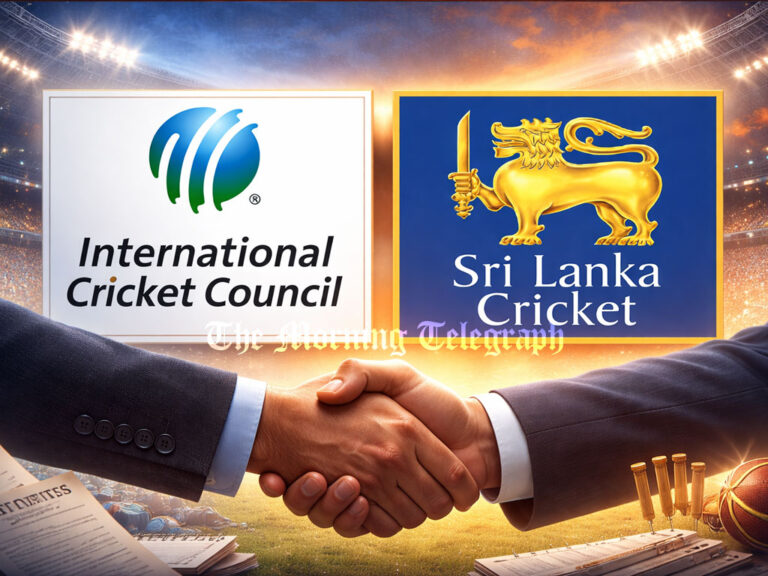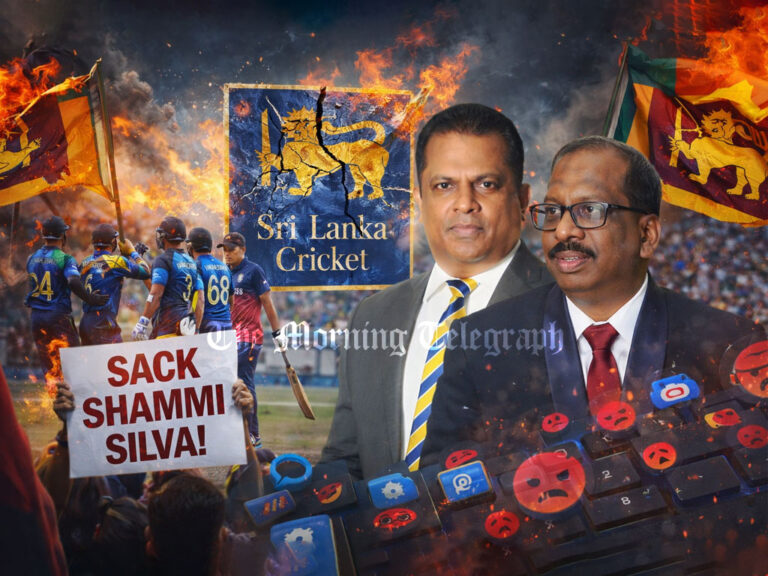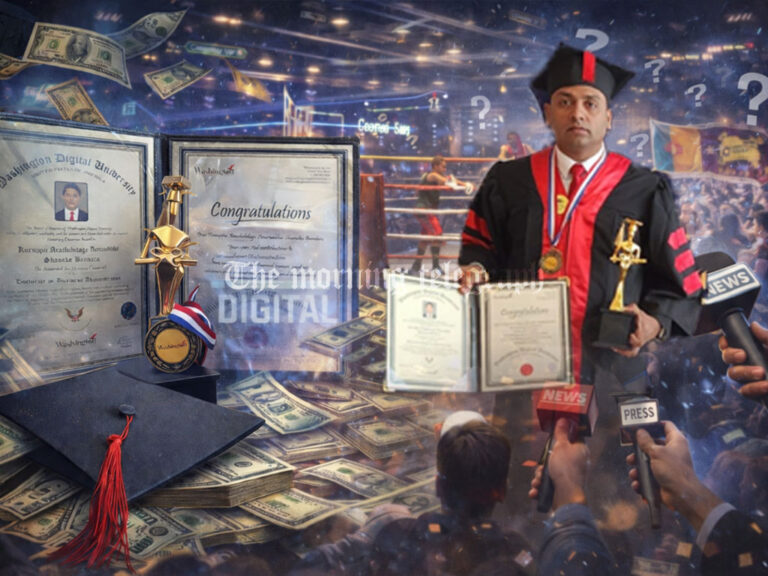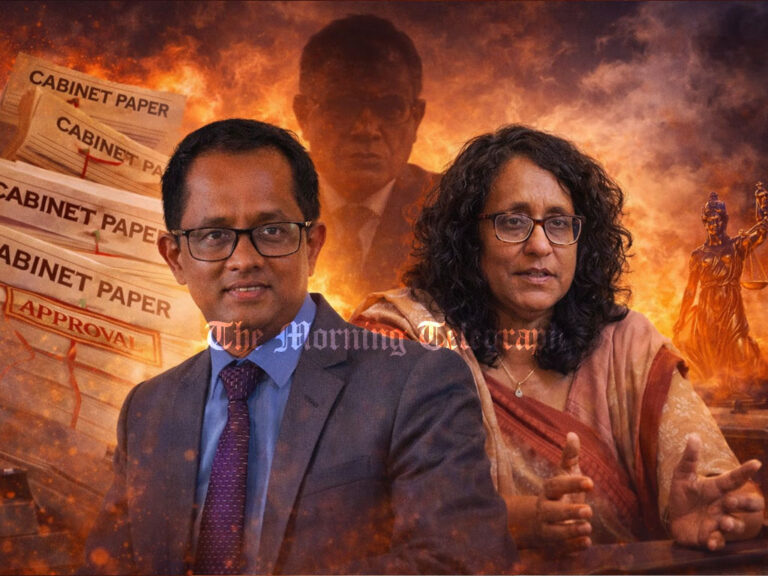
Following a period rife with political meddling that threatened the integrity of its sports, Sri Lanka has staged a remarkable comeback, heralding a fresh chapter in its storied sporting heritage.
The dismissal of Roshan Ranasinghe, the erstwhile Minister of Sports, signified the cessation of a misguided era that saw the country’s key sports entities—cricket, football, and rugby—facing suspensions from their global governing bodies. This era of discord jeopardized not just the essence of Sri Lankan sports but also dimmed the nation’s collective pride on the international front.
The tenure of Ranasinghe, succeeding the contentious term of Namal Rajapaksa, exemplified the havoc political intrusion can wreak on sports. The sidelining of the Sri Lanka Rugby team by World Rugby, coupled with the absence of the national flag at major international contests, highlighted the dire state of sports governance. Yet, the tide began to turn with Ranasinghe’s removal by President Ranil Wickremesinghe, igniting a glimmer of hope for the distressed sports domain.
The revival was spectacular. Marked by a show of resilience, Sri Lanka’s cricket team emerged victorious against Bangladesh in their first Test match, while the soccer team secured a win against Bhutan. These triumphs ignited a sense of joy and unity, offering solace to a nation grappling with political, social, and economic turmoil.
Such victories represented more than mere success; they symbolized the nation’s unbreakable spirit and the cohesive force of sports.
This resurgence is a testament to the urgent need to disentangle sports governance from political grasp, spotlighting reforms necessary for transparency, good governance, and sports autonomy. Through efforts to restore faith with international sports authorities and reignite fan enthusiasm, Sri Lanka is on its ascent, reaffirming the timeless value of unity.
Sri Lanka’s journey back to sporting glory serves as a powerful reminder of sports as society’s mirror, reflecting virtues like teamwork, persistence, and excellence. It underscores the vital need to uphold the sanctity of sports competitions and the principle of fair play, ensuring sports remain a unifying force beyond political divides.
As the nation revels in its recent sports achievements, there’s an optimistic look towards a future where sports stand as beacons of hope, knitting the community closer and celebrating a collective identity. The overcoming of adversities in sports is a compelling narrative of what’s possible when the sporting world is allowed to thrive, unfettered by political interference, embodying the essence of competition and fellowship.
In an era marked by divisions, sports transcend as a universal dialect, breaking through barriers to unite people in the shared experiences of talent, perseverance, and communal pride. This story delves deep into the impact of sports on national unity, showing how athletic endeavors can bridge divides, foster belonging, and ignite a widespread passion.
This account also highlights the adverse effects of political interference in sports, advocating for a united movement to protect the sanctity of sports in Sri Lanka. It stresses the importance of resisting political encroachment in the sports arena, underscoring the potential of sports to act as a force for positive change, unimpeded by political motives.






